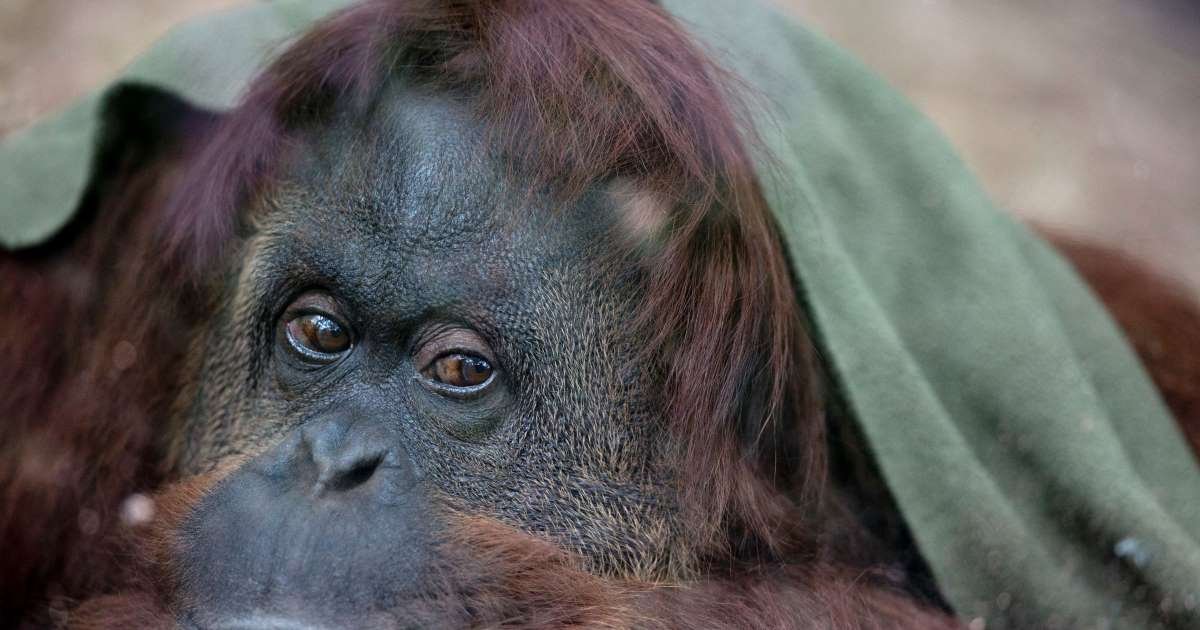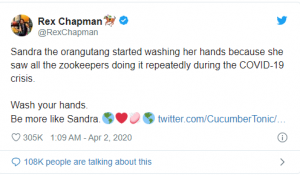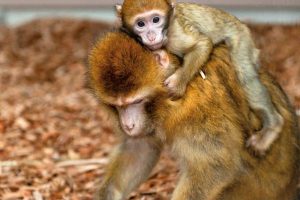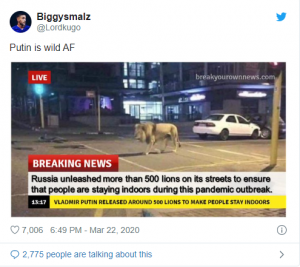Our No.
1 source of hearing the news, inevitably and understandably, is social media. Especially considering the current climate of the worldwide communities, we have to be jostling ourselves in front of our tablets or grasping onto the phones, desperate to hear some silver lining of a news story to come up on our LED screens.
One such happy category for the troubled minds would obviously be one of “nature is recovering” news. Or anything remotely cute, or related to animals because frankly, the coronavirus is a very human problem, and we’ve had enough of our species putting kindred souls in pickles.
Except for the fact that most of those happy memes, videos and news gossips about animals are most likely to be false, or not well fact-checked.
National Geographic, in its recent article, wrote that there has been numerous cases from Twitter, Reddit and all sorts of media outlets where they would risk the credibility of the original film-takers or photographers for more sharing and so-called “hope endowment.”
Take for one example, the hand-washing orangutan Sandra, the first Great Ape of its kind to be recognized as a ‘non-human person’. Sandra should be acknowledged for her amazing intelligence, as well as for the depths of emotions she has independently and credibly displayed for her to be recognized as a personality.
But instead, based on a Twitter feed chaos where her video of washing her hands with suds water has been dramatized as her washing her hands following the zookeepers’ motion and pictured as doing “a trick”, the Center for Great Apes of Florida has decided to take the original YouTube video down from its account.
Said Patti Ragan, founder of the CGA: “I’m just very conscientious about protecting her dignity. I took it down because I can’t control the message”
There has been other numerous cases where rampant fake news, using completely unrelated pics with a bamboozled storyline, has turned the Internet upside down. This Twitter users’ account proudly proclaimed its very own breaking news.
The claim was that Russian President Vladimir Putin has put 500 lions out of their cages and left to roam the streets to make people keep themselves inside their homes.
This, although blatantly false and reeking of fake news, got retweeted so much while the attached picture was one taken in Johannesburg, a hemisphere away from Russia.
But is there actual harm in believing or proliferating these stories, some may ask. Jennifer Dodd, when asked the same question by National Geographic, put it simply:
“Miscommunication leads to people becoming disheartened,” she wrote, “leading to apathy [and] ultimately a reversal in conservation engagement.”
To quote the magazine’s own version of its interpretation:
‘If people feel tricked or foolish for believing in an inspiring animal-recovery story that turns out to be fake, they may lose interest in conservation.’
If you liked the articled please SHARE and COMMENT!





